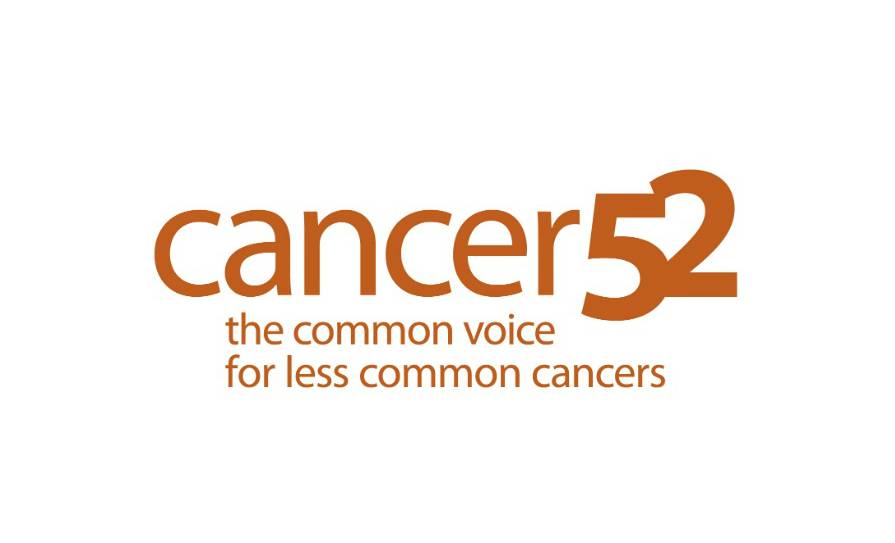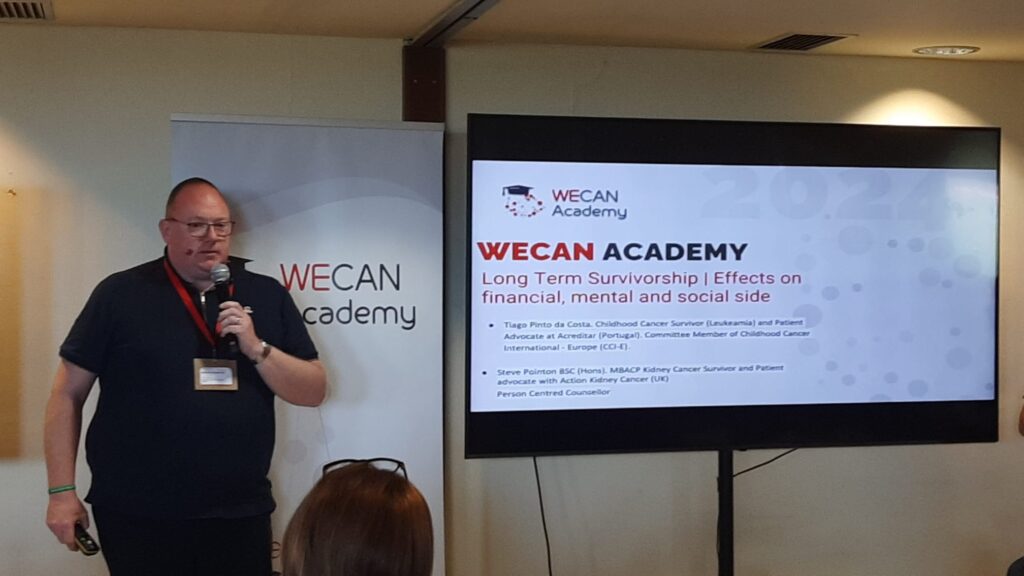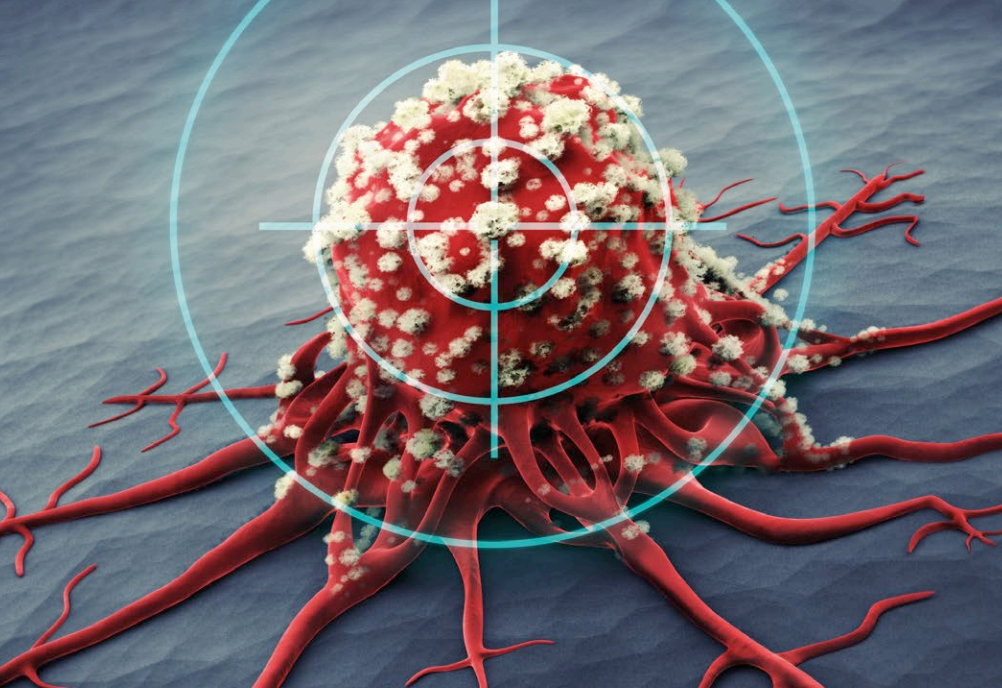Share this Page:
Sharon Kell attended the Cancer52 Chief Executive Officer’s meeting in place of Rose Woodward earlier this week. Here is what was discussed:
Kruger report: Charity reaction to Kruger report: ‘It is critical that government now acts’
- There is a working group looking into the Kruger report in detail to develop a Cancer52 plan to ensure that small charities are not overlooked when it comes to funding from government during the COVID-19 pandemic
- The National Council for Voluntary Organisations (NCVO) has also got involved and is looking at ways of paying trustees and setting up a national fund to support small charities
- We need to prove the impact of the work we do for government. we need to use data to prove the value of the sector to the country and to change the narrative around small charities. This message needs to focus on community support around the UK using key messages. Cancer52 is to take the sector lead
- We need to persuade the government to look at the charity sector again – £750m is not a lot of money for all the UK charities. There is talk of another £500m to follow.
Inequalities
- There is a group looking at inequalities between charities – the Cancer Share Planning Group made up of people from Macmillan, Cancer Research UK and some of the larger charities to tackle inequalities with a shared voice, similar to the Black Lives Matter movement. They’re gathering responses from different organisations for a stronger voice to tackle inequalities for patients
- They are working with community groups to address imbalance and understand resource needs
- They are also looking at research funding and the scope of research – geography, gender and race.
Policy meeting
- The recovery plan is yet to be released and will be presented shortly by the government
- ‘Help us, help you’ campaign will be re-launched on 9 November, mostly about abdominal symptoms
Clinical Trials
- The National Cancer Research Institute (NCRI) is trying to involve patients in clinical trials, e.g. basket trials, biomarker trials etc.
- They are actively promoting clinical trials: Demystifying patient and public involvement in cancer research
- Only 0.3-32/1000 of the population take part in clinical trials – 70% of patients are never asked about clinical trials
- Patient advocacy involvement in the European Medicines Agency (EMA) will cease in 2021 because we will no longer be in the EU – we might need to get involved with global alliances (e.g. International Kidney Cancer Coalition, IKCC) or the European Reference Network for international trials
- It is still not known whether the Medicines and Healthcare products Regulatory Agency (MHRA – takes over from the EMA) will involve patients – nothing in place so far.
NICE Methods Review
- Three main areas – topic consultation, highly specialised technologies (HST) criteria for entry, methods consultation
- No cancer drugs are considered HSTs where cost/QALY is £300K
- Methods consultation starts this week – we need patient involvement, generation of evidence of how patients are incorporated, uncertainty for rare conditions and the areas under discussion. The Blood Cancer Alliance has already written their response













